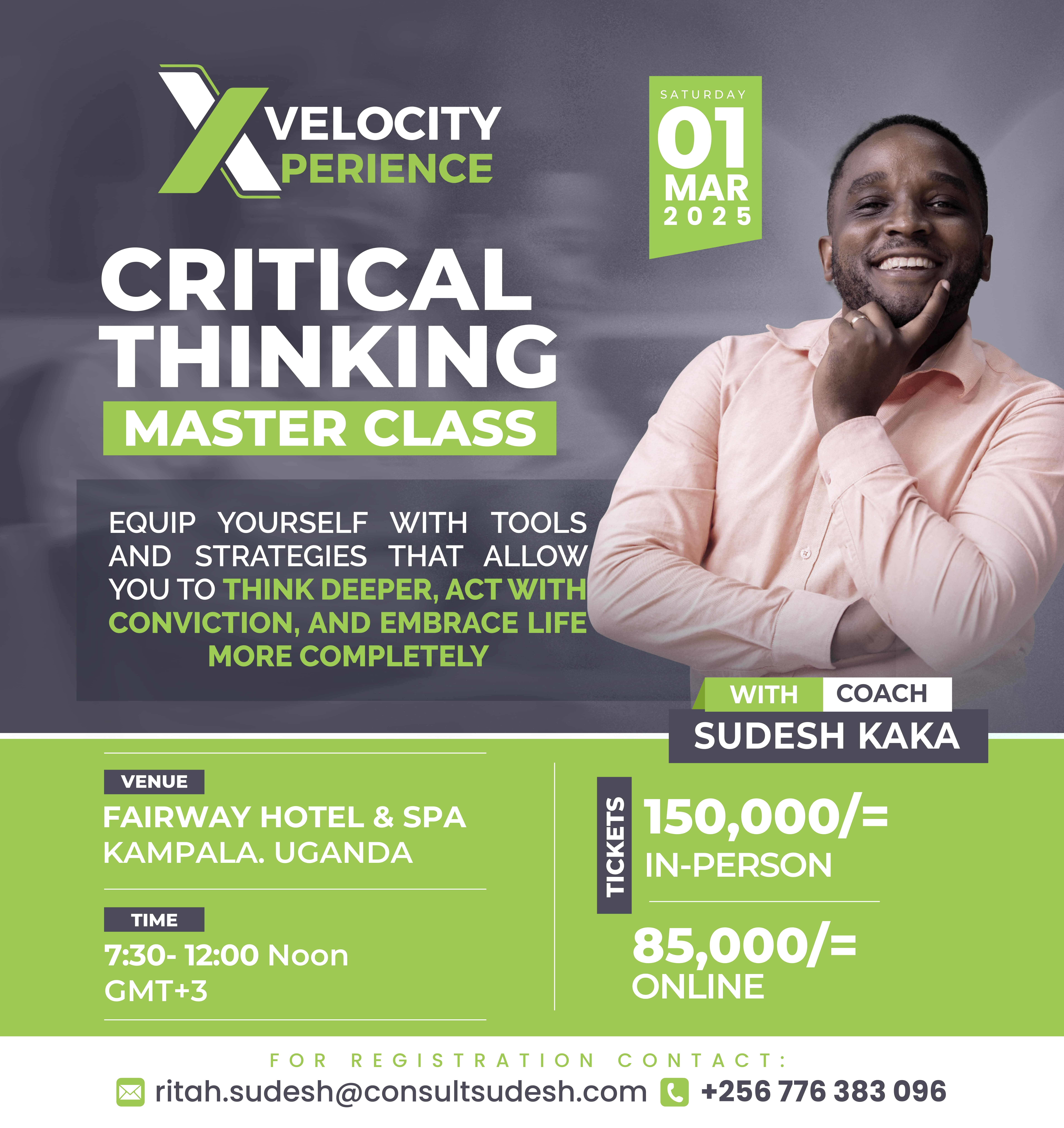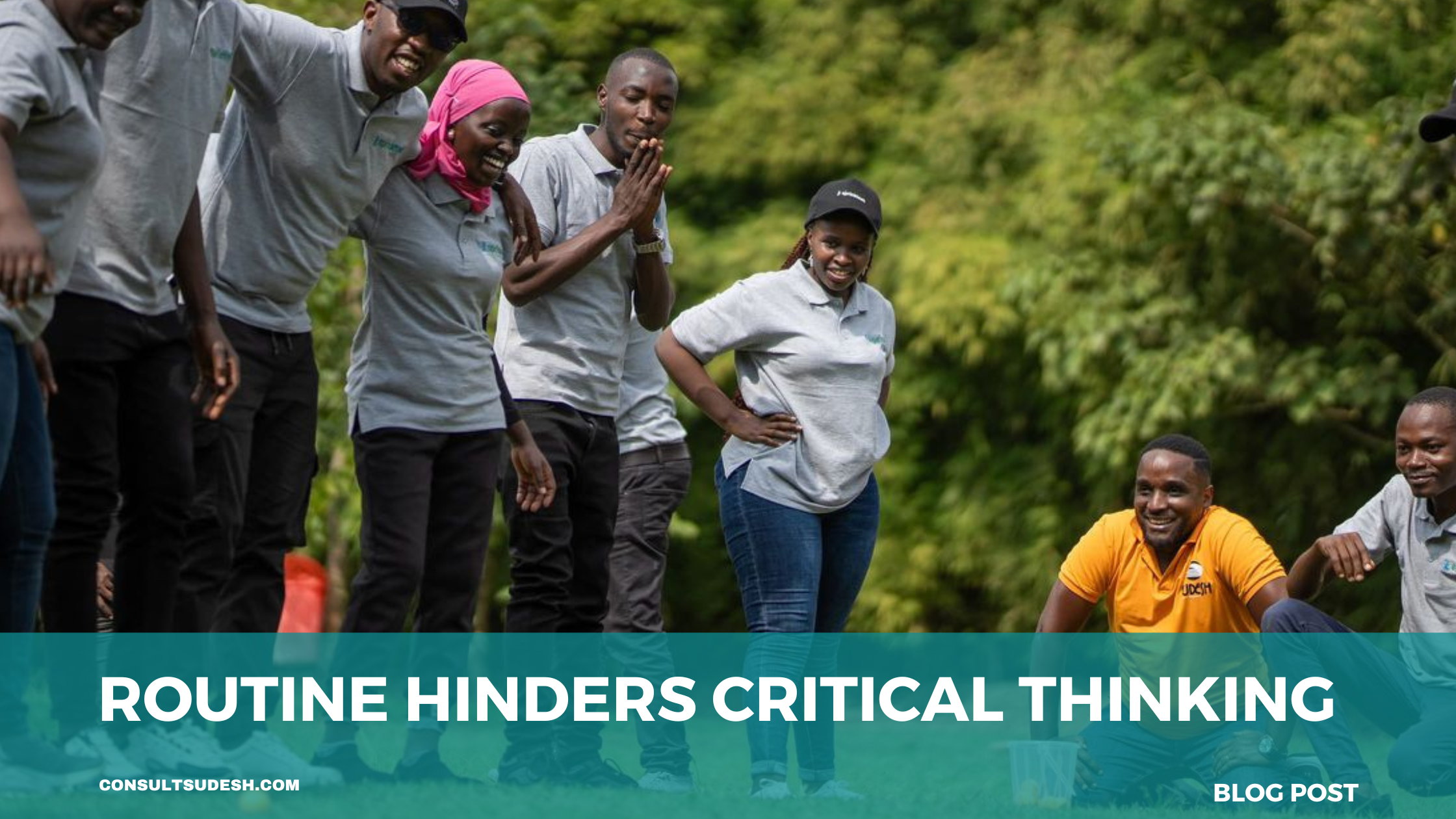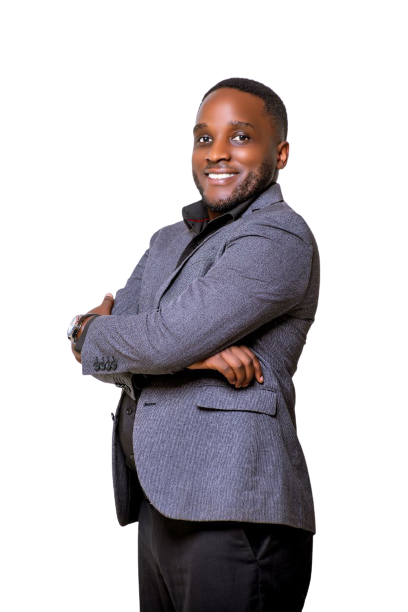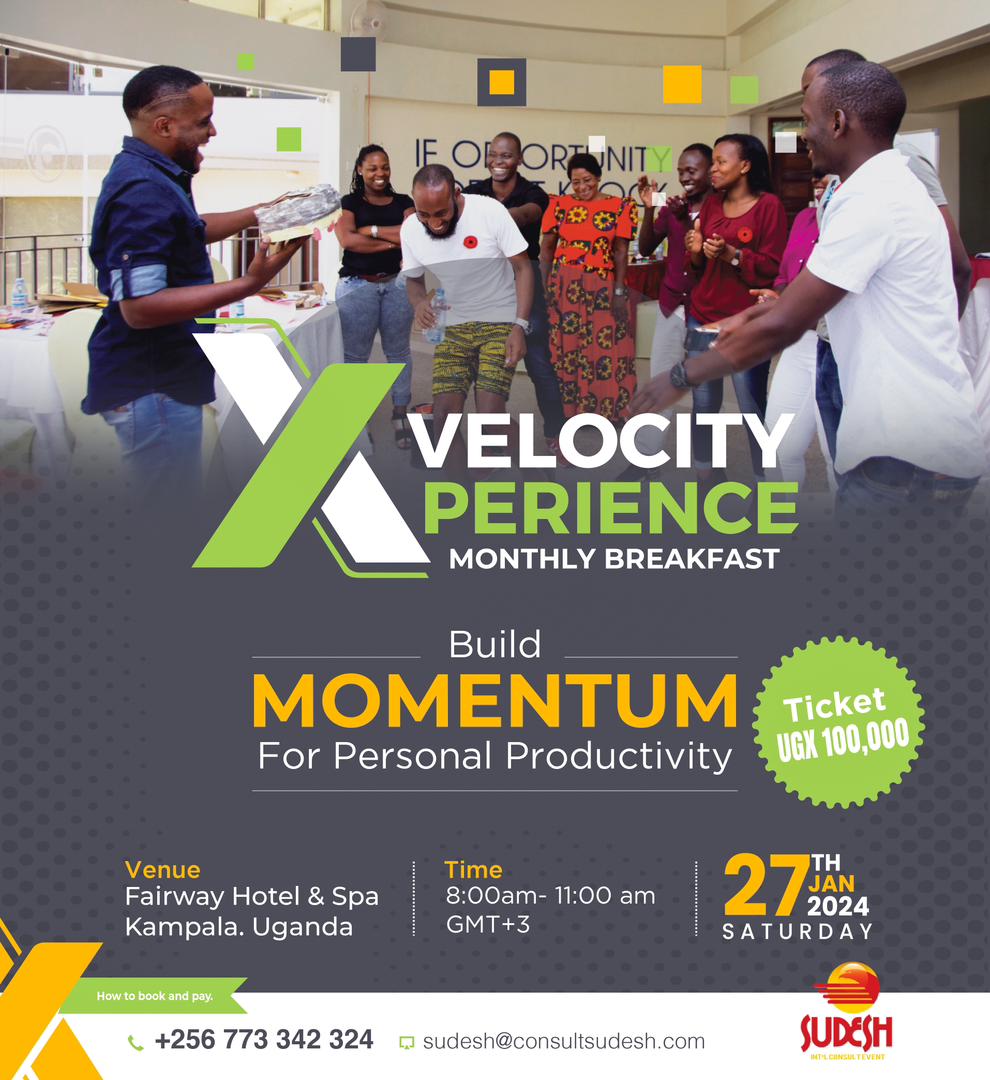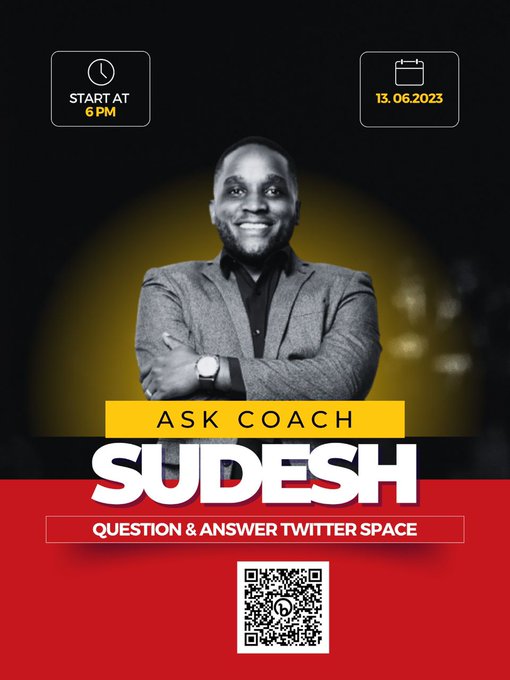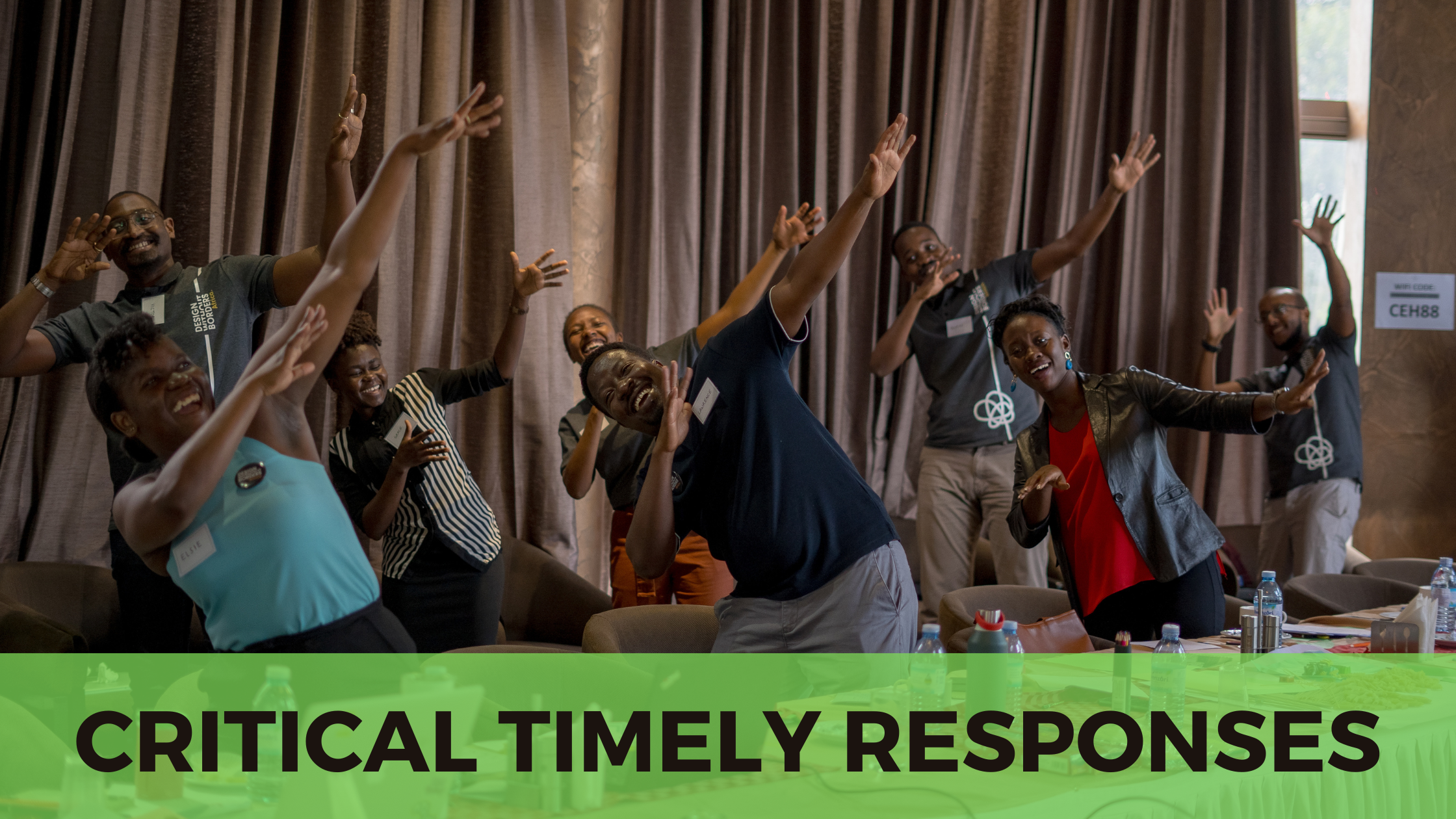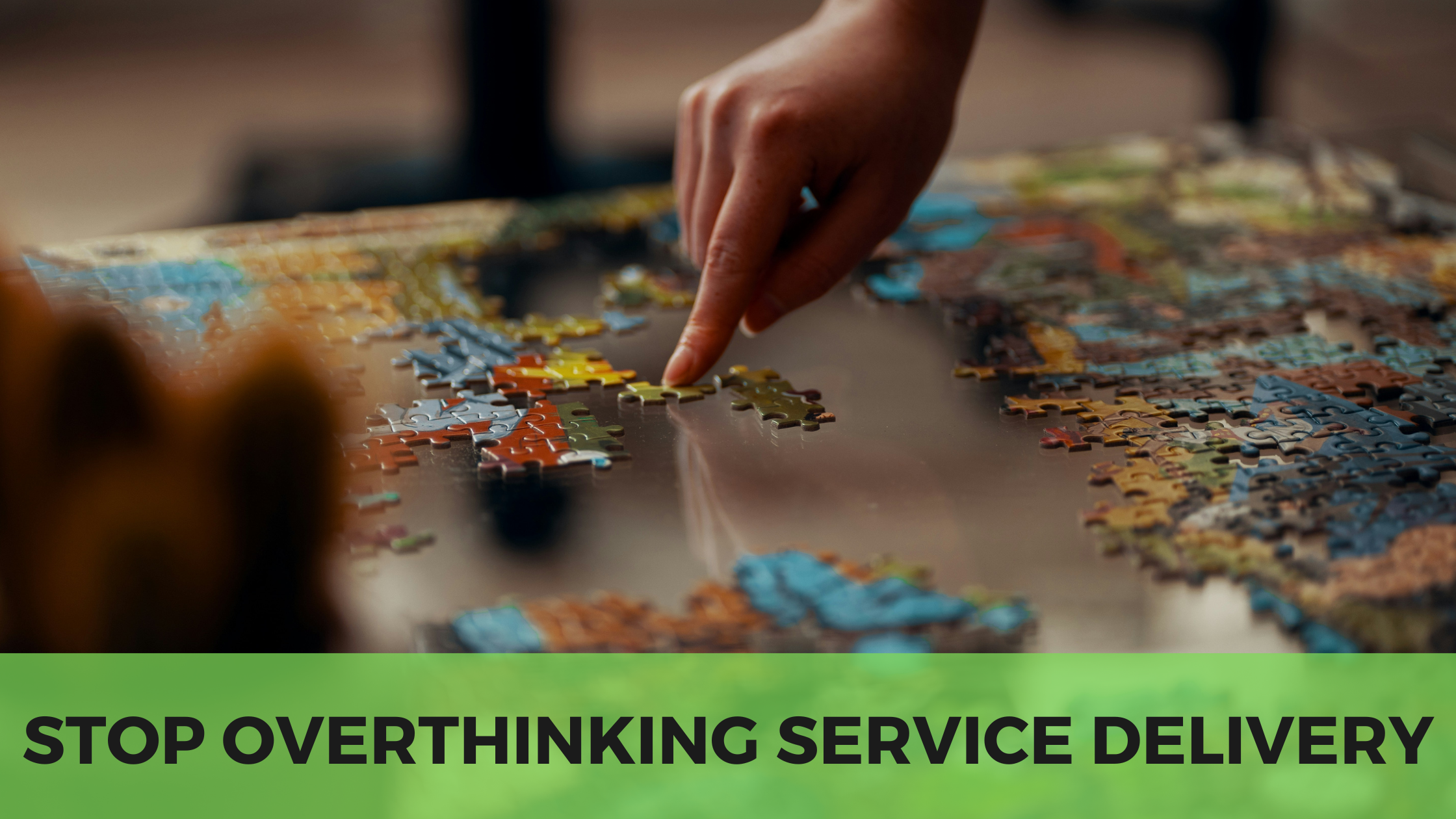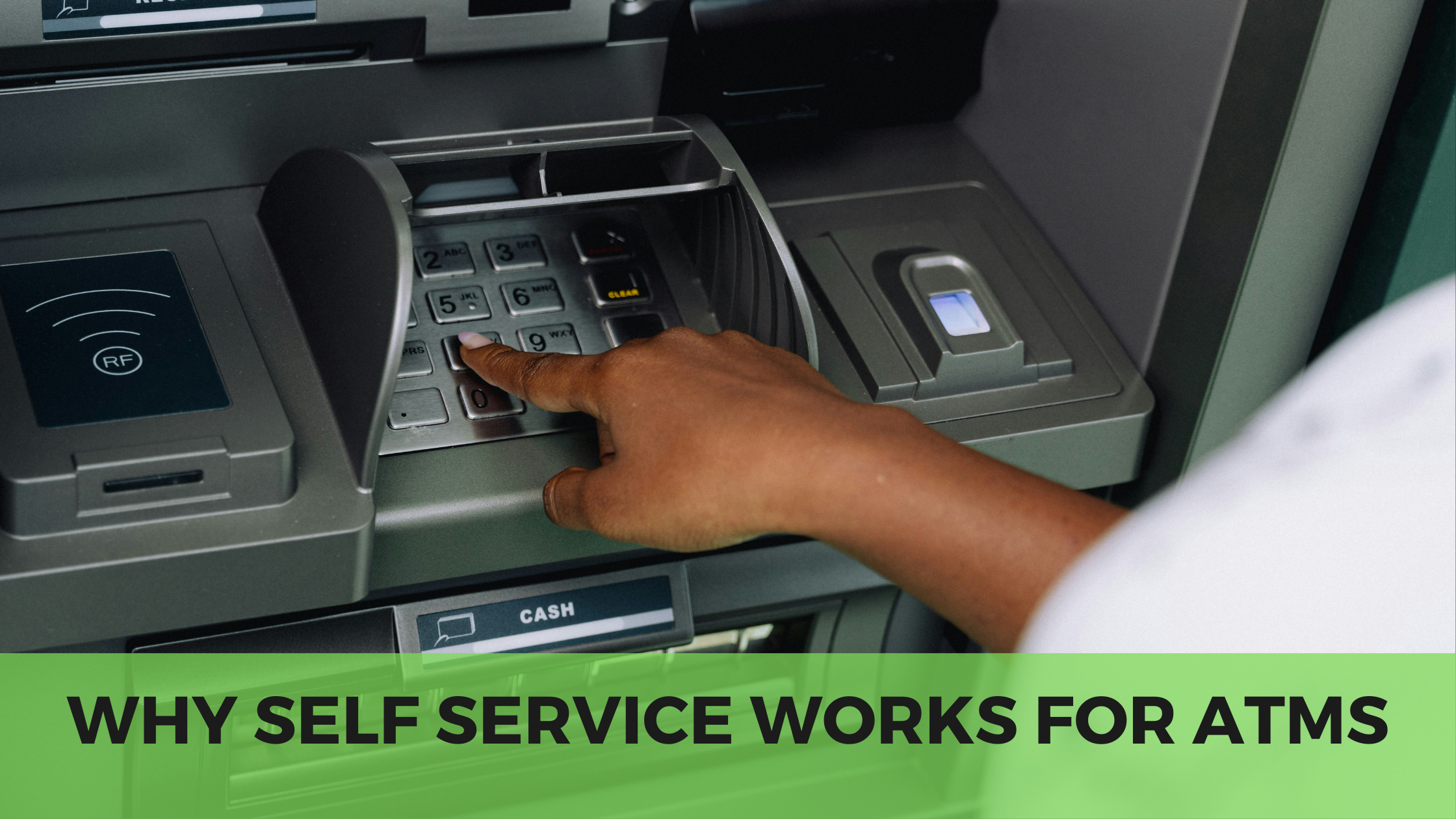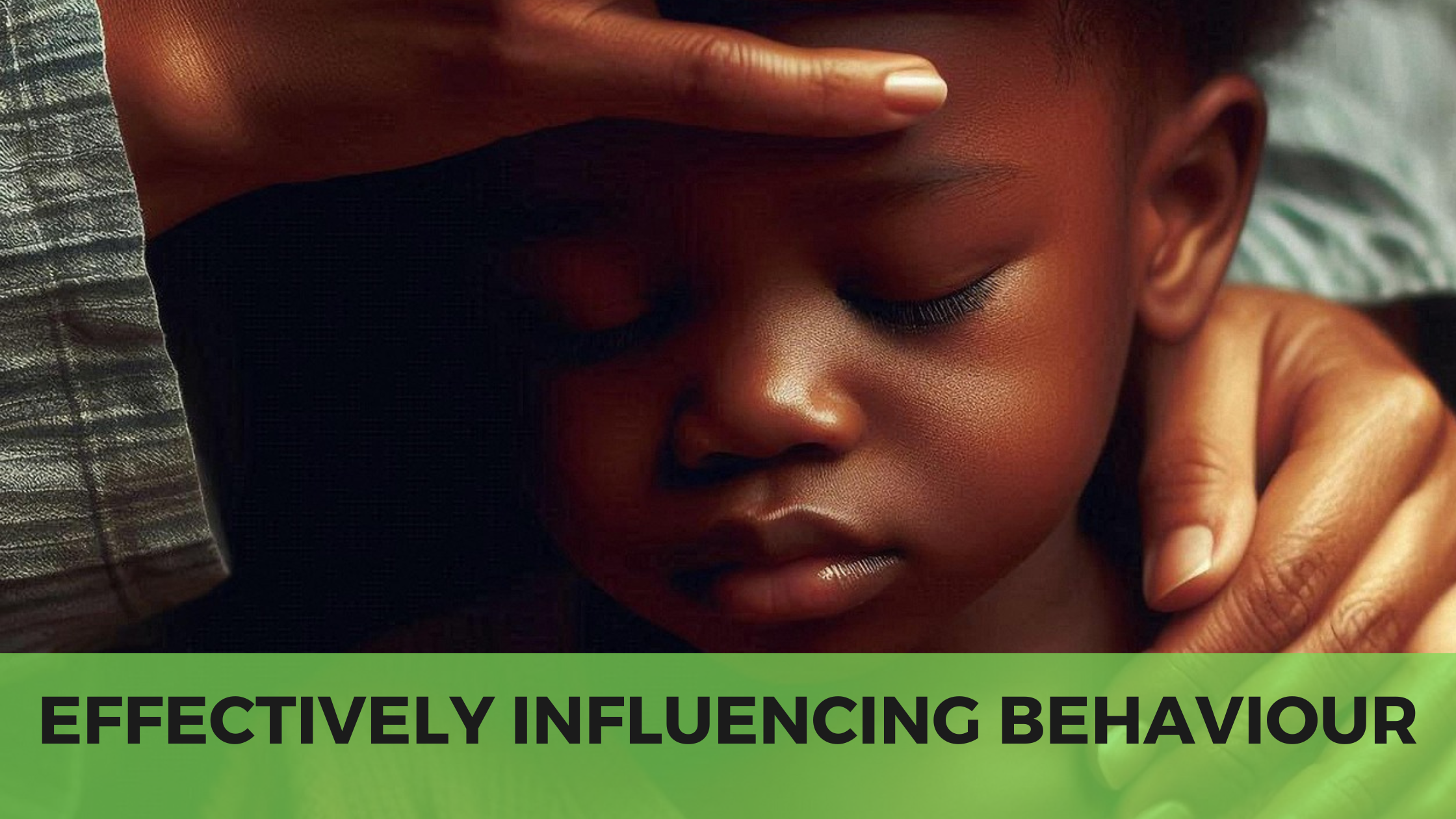Mope is an introverted thirty-year-old gentleman. He is humble and would never hurt a fly. Five years ago, he graduated and got a job in bank operations. He quickly won accolades not limited to “Employee of the Month”, “Star of the Week” etc. For three years, everyone knew Mope would end up in a Managerial position but they were wrong. One year ago, Mope was promoted to a Managerial position. Since this position requires no routine work, he has struggled. He struggles with work requiring critical thinking and is comfortable with work requiring routine thinking. I have seen this script hundreds of times in my thirteen-plus years of Coaching.
Though anyone can become a critical thinker, most people avoid paying the price of thinking about their thinking. They take the path of least resistance. “Thinking is hard work,” says Henry Ford, “that is why many avoid it” The unconscious tendency to focus on less important work, because we enjoy it or we’re good at it, comes at the expense of our highest priorities.
Routine behaviors can become accepted norms when we fail to recognize and challenge ourselves to address them. This was true for Marcus, a senior leader who developed a habit of obsessing over administrative tasks. The busier he got, the more he slipped into the tactical mode to check things off his to-do list as quickly as possible. It helped him feel productive, but failing to delegate these tasks meant he never had time to focus on longer-term, strategic issues.
To shift this pattern, Marcus applied a quick reality test during pivotal moments of transition throughout his day. The task was to fill in the blanks to complete this sentence: “I’m tempted to work on . . . , but I know I should focus on . . .”
On the surface, this question seems obvious. But for Marcus, it was precisely the simplicity and ease of application that helped him combine reflection with quick action. The thoughtfulness embedded in the statement triggered a deliberative choice, one dictated not by the urgencies of the moment or easy tasks that felt gratifying to accomplish, but by his honest assessment of his highest priorities.
Don’t avoid the hard work. Go for it. Join me this saturday as we delve deeper into critical thinking
Register: https://consultsudesh.com/critical-thinking-workshop-seat-reservation/
